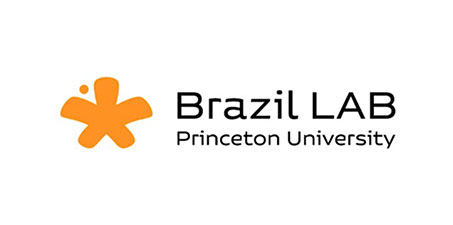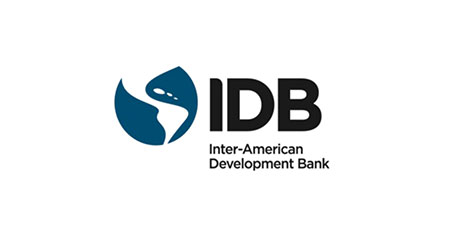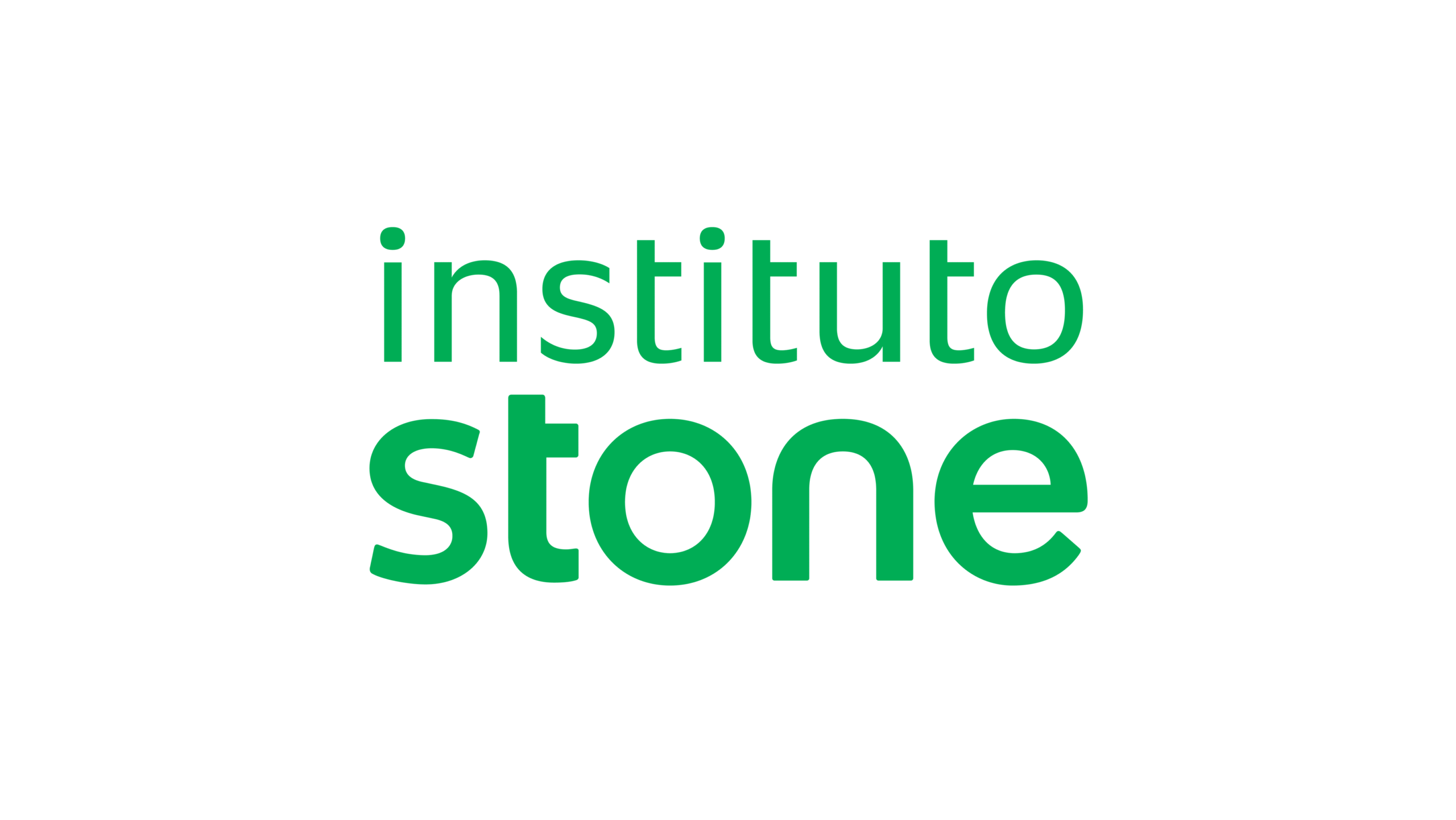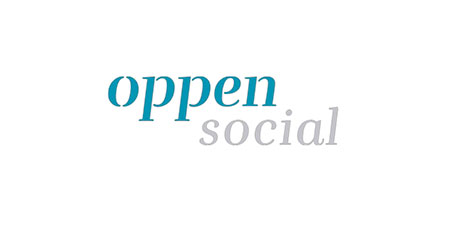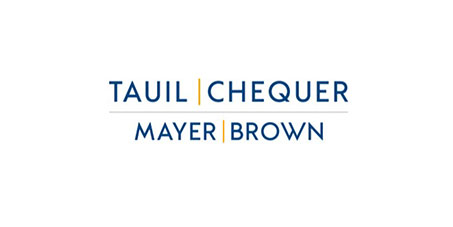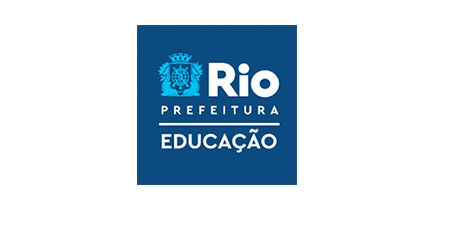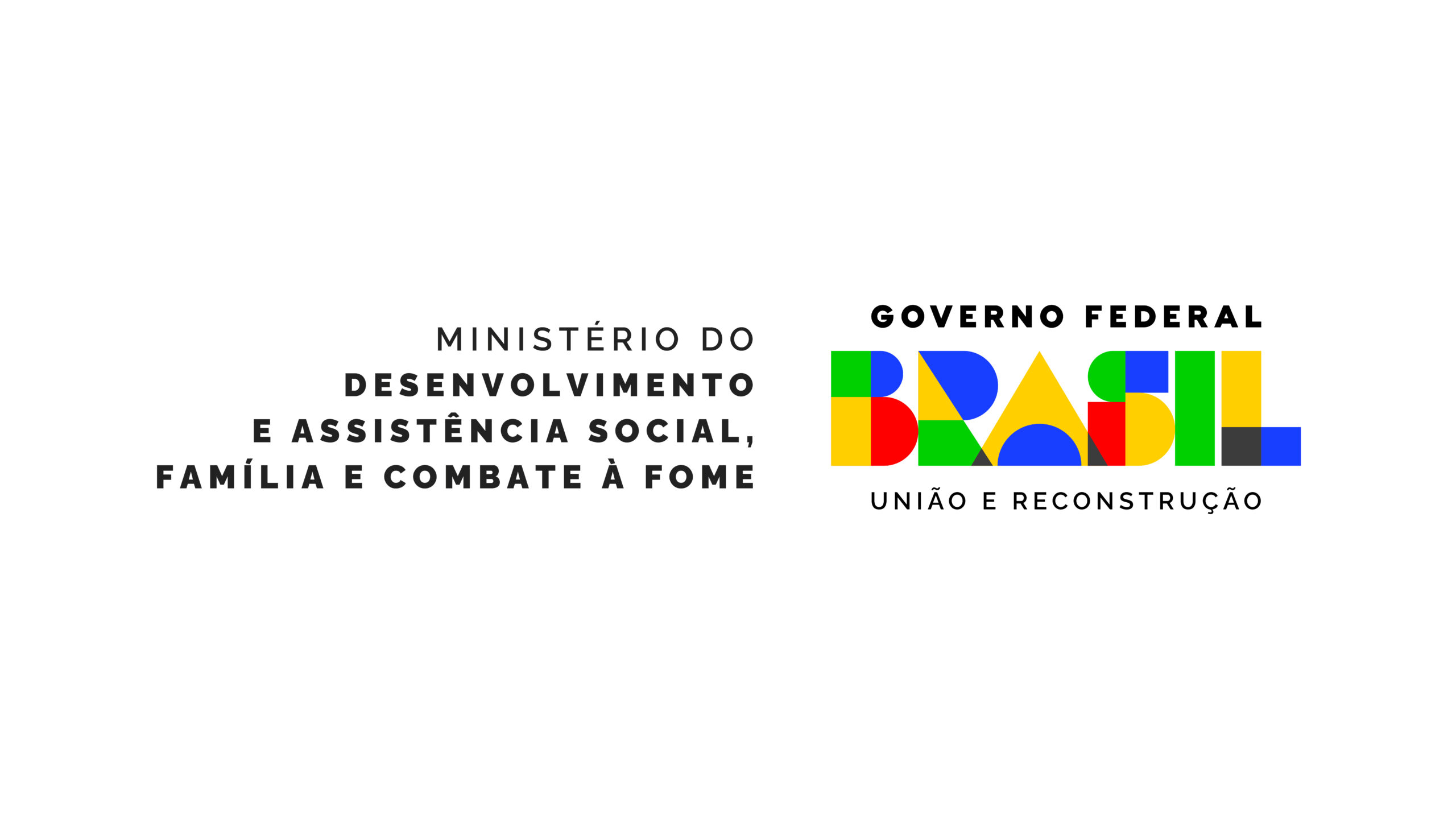Knowledge to transform possibilities into better opportunities
With the goal of being a relevant and reliable source of knowledge for public managers, we organize our work fronts in the form of projects – sets of information in which paths of academic investigation are articulated and organized. We can also understand a project as a roadmap of what lies ahead, as it determines what to research, why research that and how to do it.
In the permanent quest for the best abilities and complementary skills, we develop all of our work alongside partners who, like us, believe in the value of scientific knowledge for building effective public policies on social mobility.
